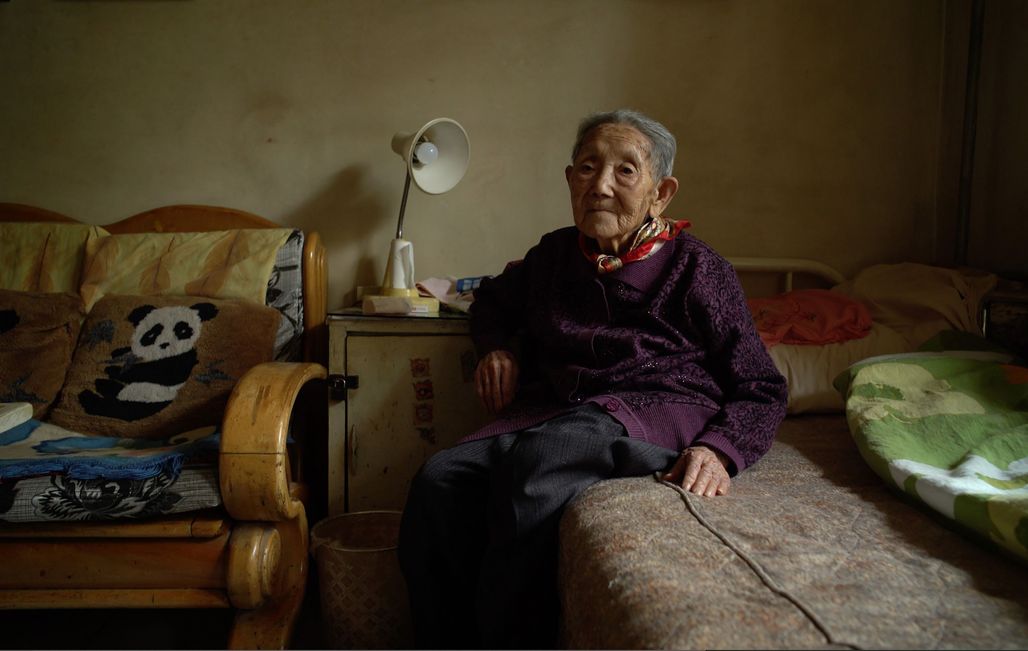
Dead Souls, a portrait of Chinese re-education camp survivors

Categorised as “ultra-rightists” during China’s anti-rightist campaign of 1957 and subject to hard labour, rare survivors from the re-education camps share their experiences in this documentary by Wang Bing. Dead Souls, is the tale of a nation wounded by its past, captured in 8 hours and 16 minutes and presented as a Special Screening.
What was the process involved in making this documentary?
I met survivors from the Jiabiangou re-education camp while filming my fictional piece The Ditch, in 2005. Because these events occurred before I was born, I wanted to gather as much factual information about this camp as possible. I therefore collected the accounts of survivors, and filmed them with a small digital camera.
When filming began I still hadn’t secured funding for the film, and we had to cover all our own costs. Which is why we had to work with a small team and very limited equipment. Between 2005 and 2008 we filmed 120 people, and filming continued up until 2017.
How did you come into contact with the survivors who feature in your film? How did you convince them to tell their stories in front of the camera?
Some of the survivors put me in touch with other people who had survived the camps. And yet the events themselves date back more than 50 years. So, by the time filming began, they were already old and scattered across the different regions of China. Some of them were rarely in touch with each other, if at all, which made my search for them even more difficult. On top of this, given the psychological impact of the various political campaigns they had experienced, it took me a while to slowly gain their trust.
West of the tracks runs for 9 hours 11 minutes, 'Til Madness Do Us Part lasts 3 hours and 47 minutes and Dead Souls spans 8 hours 26 minutes. What techniques do you use to retain the viewer’s attention? Can you tell us about the format you chose for your film and its duration?
I realised that I had many hours of rushes for these films and that the stories I wanted to tell didn’t fit into the classic, shorter format. In all my years as a director, experience has taught me that a long film calls for a narrative format and must use simple, concise language. In my view this is the only way viewers can follow a deep and complex story for hours at a time.
Your films expose a reality in China that differs somewhat from that of the government. Is this risky?
I have always made my films according to my own understanding of cinema. The people I depict on screen are all from the lower classes of society. Their lives are typical of those experienced by the majority of ordinary Chinese. My works neither conceal nor exaggerate. I have been making films for eighteen years and have always been able to film freely and without any interference.


